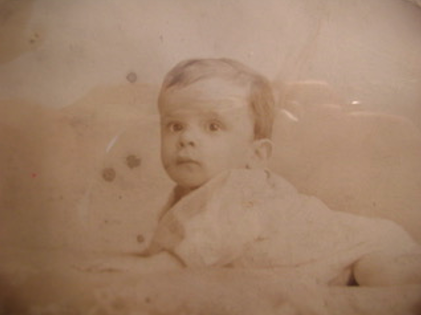
Mel Scult, professor, scholar, husband, father, grandfather, and great grandfather, was born May 28, 1934 in Paterson, New Jersey. It is quite amazing that Mordecai Kaplan’s Judaism as a Civilization appeared on that same day. Scult’s family were members of a Conservative synagogue, where as a teen, he participated in services and in synagogue activities, frequently serving as a cantor in the Junior Congregation. Truth to tell, however, he was much more interested in girls than in Judaism. He enjoyed ballroom dancing very much and reports that he went to dances frequently at the local Y.
At age fifteen, he received a scholarship to Camp Ramah, a camp sponsored by the Jewish Theological Seminary, to encourage young people to speak Hebrew, to study Jewish sources and to follow the rituals of Judaism. That experience transformed him in a fundamental way. Life would never be the same. He states, “I deeply wanted to be part of that group and I hoped to share their goals and their values.”
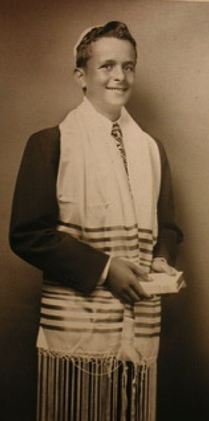
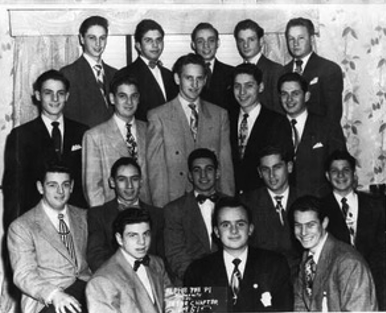
As a consequence of that camp experience, Mel entered into an illustrious stream of higher education with a focus on Judaism and the Jewish experience past and present. At the same time that he was an undergraduate attending New York University majoring in philosophy, he attended the Jewish Theological Seminary at night. Thus he received a B.A, and a Bachelor of Hebrew Letters simultaneously. Somewhat later he studied at the Hayim Greenberg Institute in Jerusalem spending six months in the holy land. Upon returning, he attended Harvard University where he received his M.A. in teaching from School of Education and then studied at Brandeis University where he was awarded a Ph.D. in Near Eastern and Judaic Studies a few years later.
After completing his doctorate, he served as professor of religion at Vassar College and then spent the next thirty years teaching at Brooklyn College of the City University of New York, where he founded and directed the Program in Comparative Religion and was also a founding member of the Master of Arts Liberal in Studies. He has also held teaching positions at The New School, and at Brandeis University and most recently served as Adjunct Professor of Philosophy at the Jewish Theological Seminary where he taught rabbinical students about the life and thought of Mordecai Kaplan.

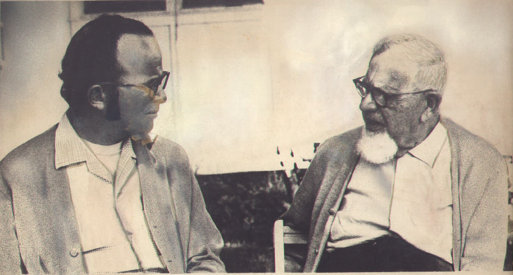
Scult’s involvement with Mordecai Kaplan began after he completed his doctorate. He decided that he wanted to write a biography and thereby get intimately involved with the life and thought of one person. Looking around, Kaplan seemed like a likely candidate because of the excommunication and the first Bat Mitzvah. After reading in the works of Kaplan for a year, he asked his PhD advisor Ben Halpern to write a letter of introduction. One thing led to another and Scult began his life’s journey by spending three days at Camp Cejwin interviewing Kaplan. Mel continued his conversations back in the city, and then Kaplan showed him his twenty-seven volume diary. Kaplan’s diary is one of the largest in history and has been an endless source of inspiration to Mel and to others. It has been the basis of his biography of Kaplan and three volumes of excerpts which he published. In the course of his research he also interviewed Louis Finkelstein, president of the Seminary; Robert Gordis, noted Bible scholar; and additionally Judith Kaplan Eisenstein and Ira Eisenstein.
Kaplan as a person and as a thinker has been a model for Mel in many ways. Kaplan thought endlessly about the basic questions that any religious person might confront. These include the meaning of our individual existence, the matter of what is right and good, the belief in God, and as a Jew, the relationship to the Jewish people and their experience past and present. Mel believes that his discovery of the centrality of the individual in Kaplan’s thought and the emphasis on growth and fulfillment is a key aspect of his legacy. Kaplan understood that the search to find one’s place and what life is all about is never ending. His writings have been inspirational to Mel in his research and hopefully will be helpful to you.
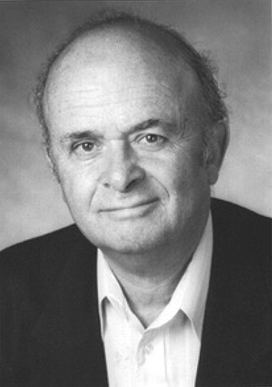
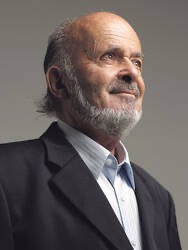
Mel has continued to study and learn and publish his thinking on a variety of subjects. In addition to his work on Kaplan, he has also produced a major study of the early Seminary administration of Solomon Schechter and has written on the life of Schechter’s wife Mathilde Roth Schechter. He has also written about Henrietta Szold, the founder of Hadassah.
He is a trustee of PEF- Israel Endowment Fund and a vice president and one of the founders of The Mordecai Kaplan Center for Jewish Peoplehood. He is not a rabbi but often feels like one because of his very supportive friends and colleagues at West End Synagogue and at the Society of the Advancement of Judaism. He davens and speaks frequently at both synagogues.
Mel has a son, ten grandchildren and thirty one great-grandchildren, all of whom live in Jerusalem. He lives in New York with his wife Barbara Gish Scult.

